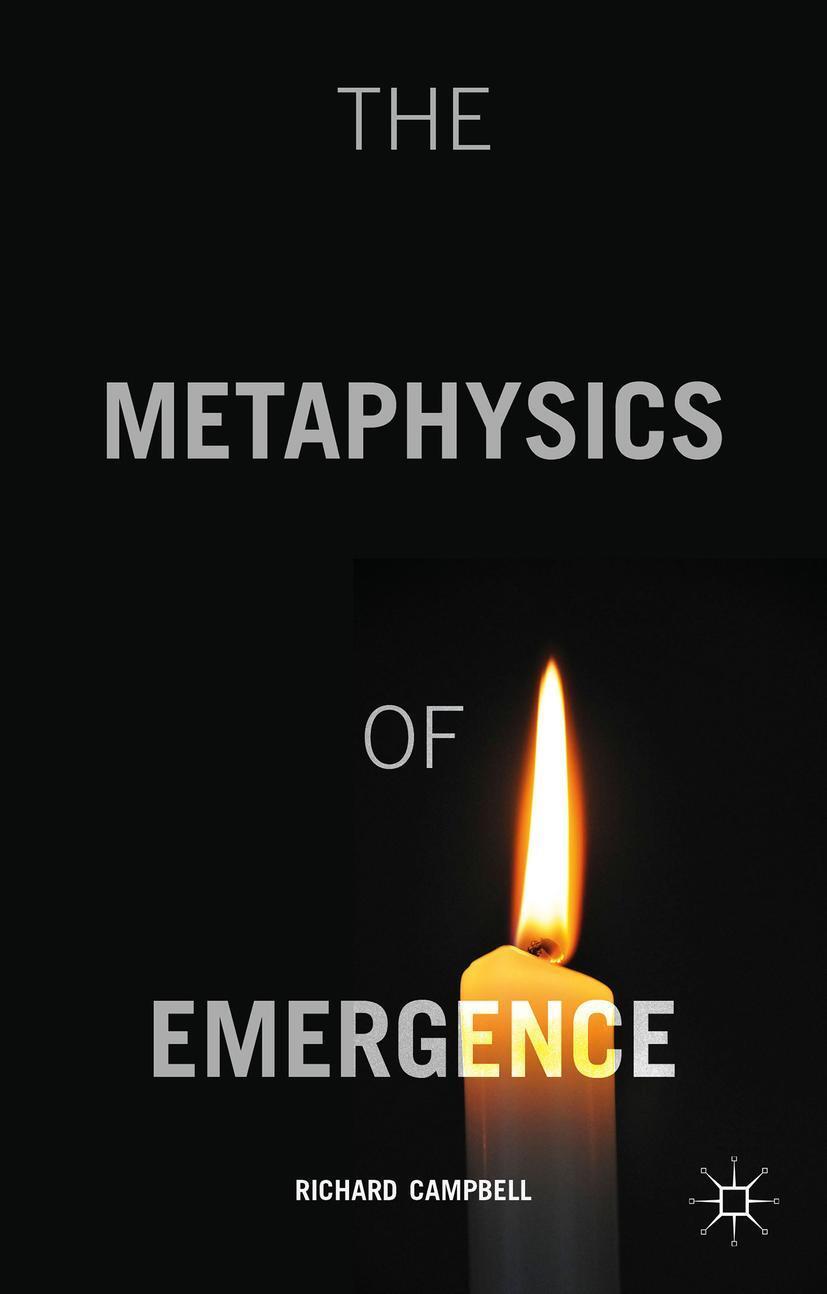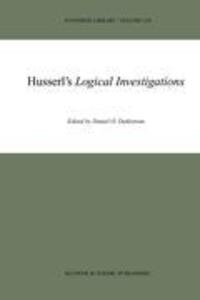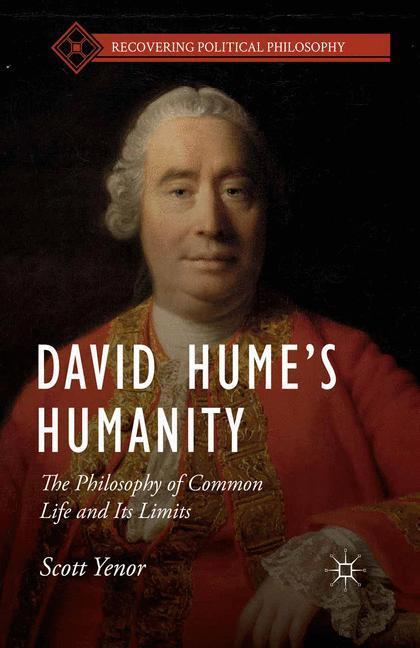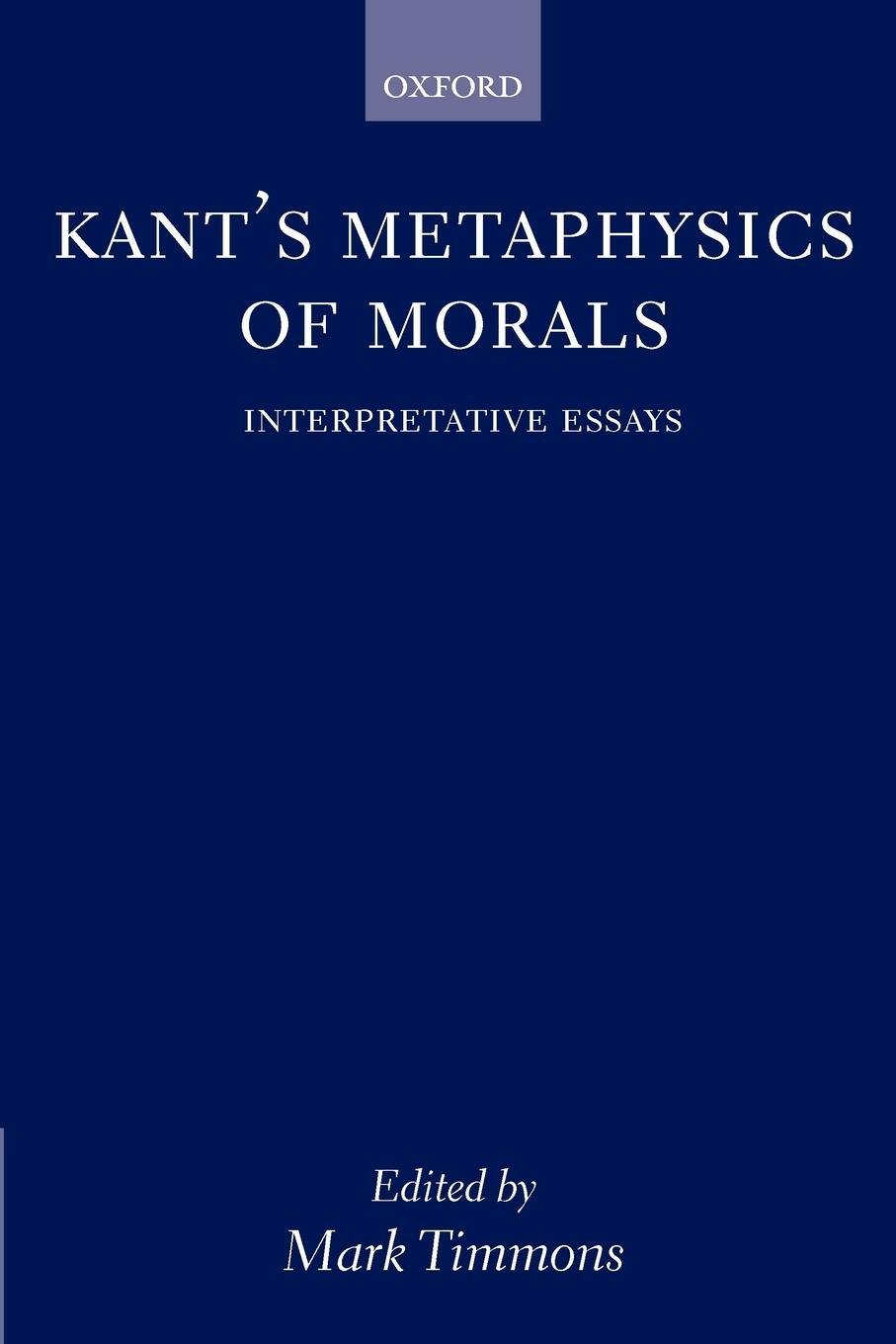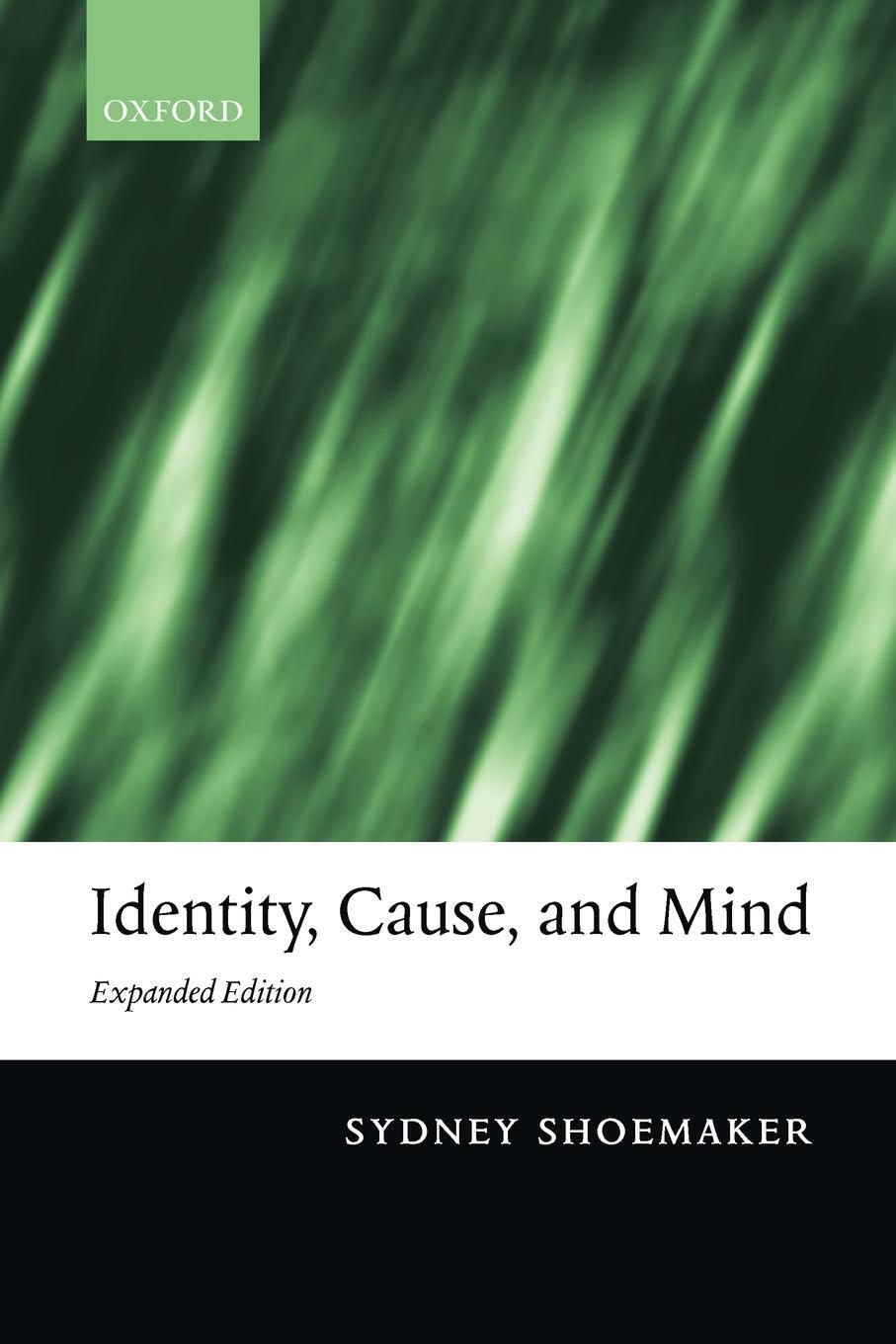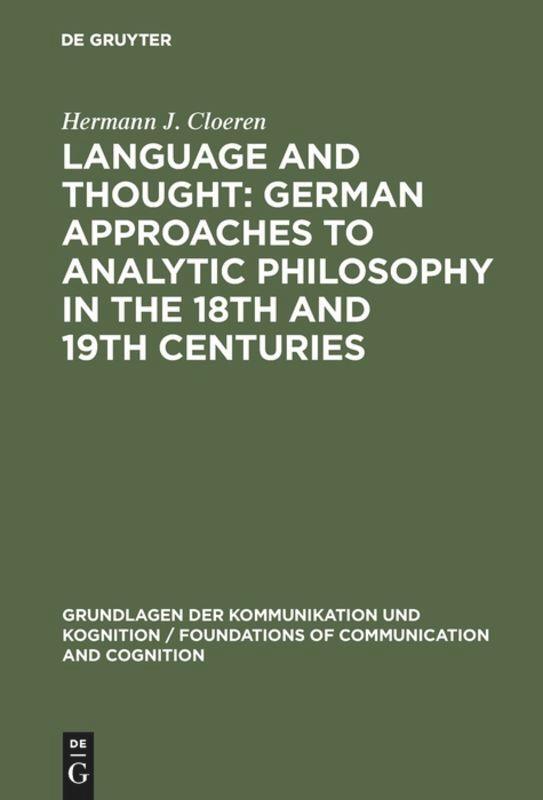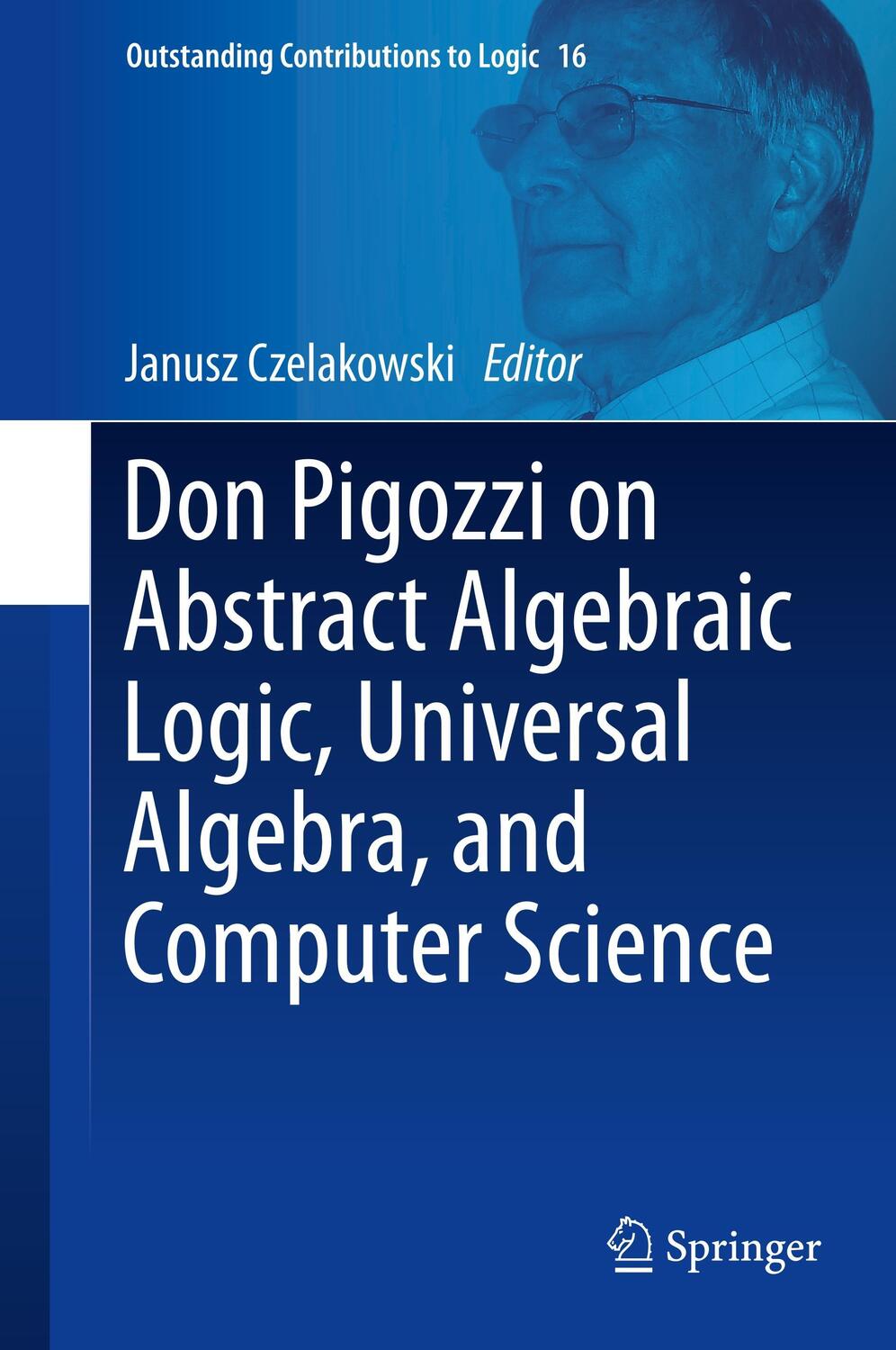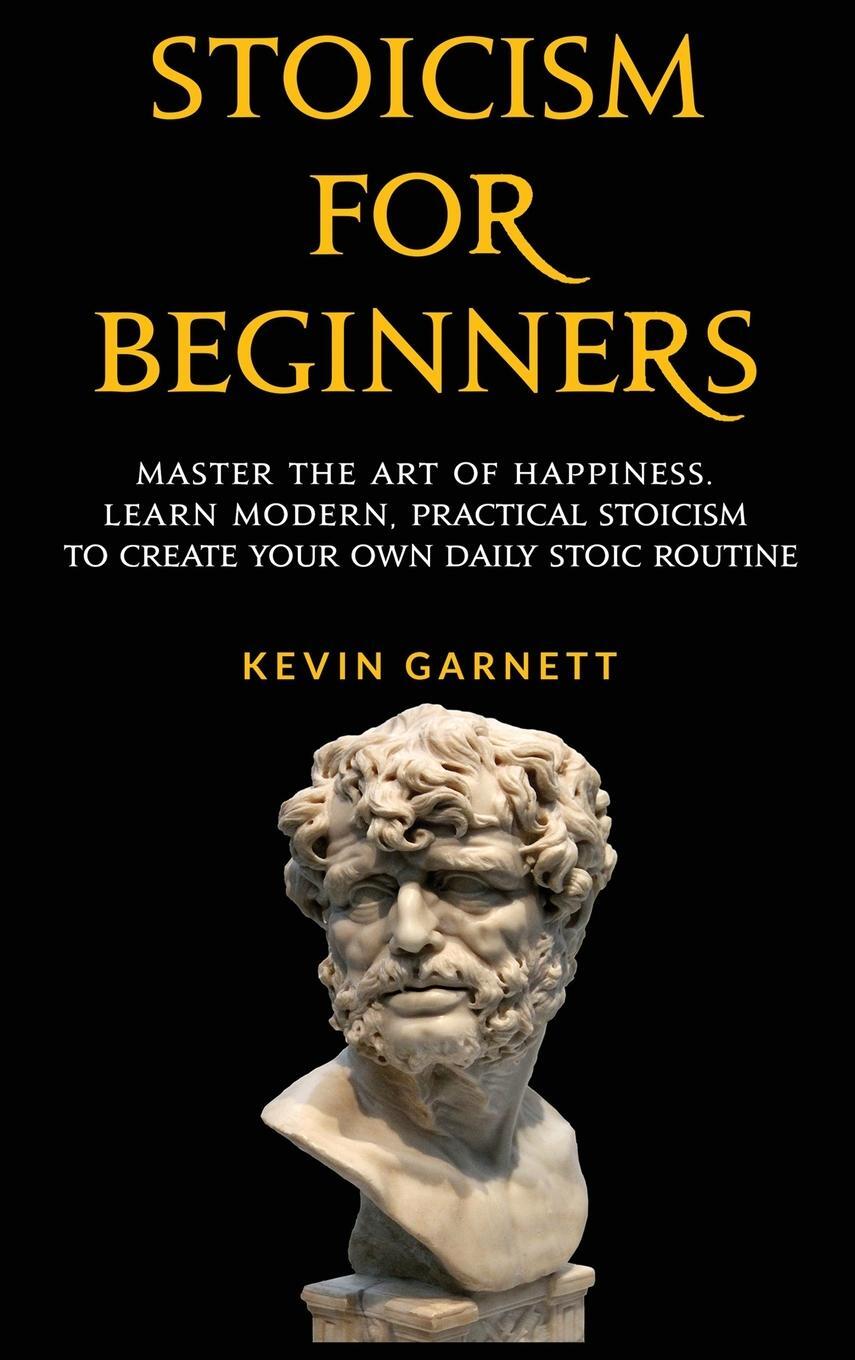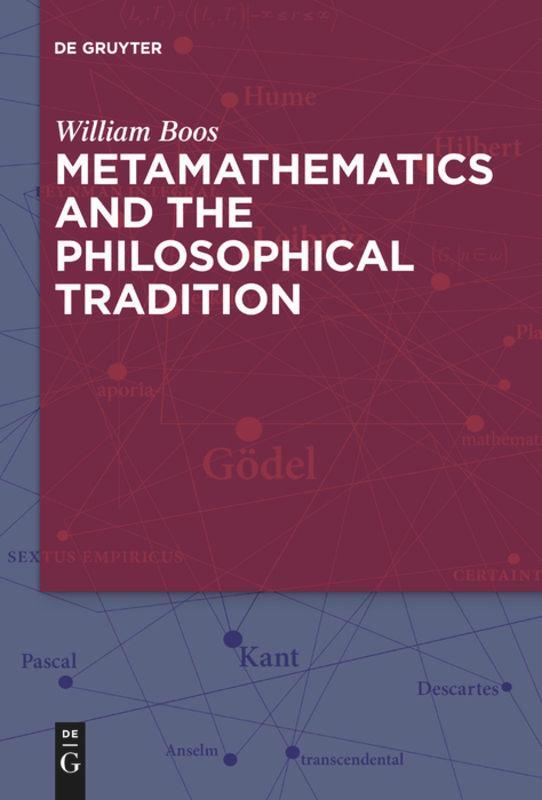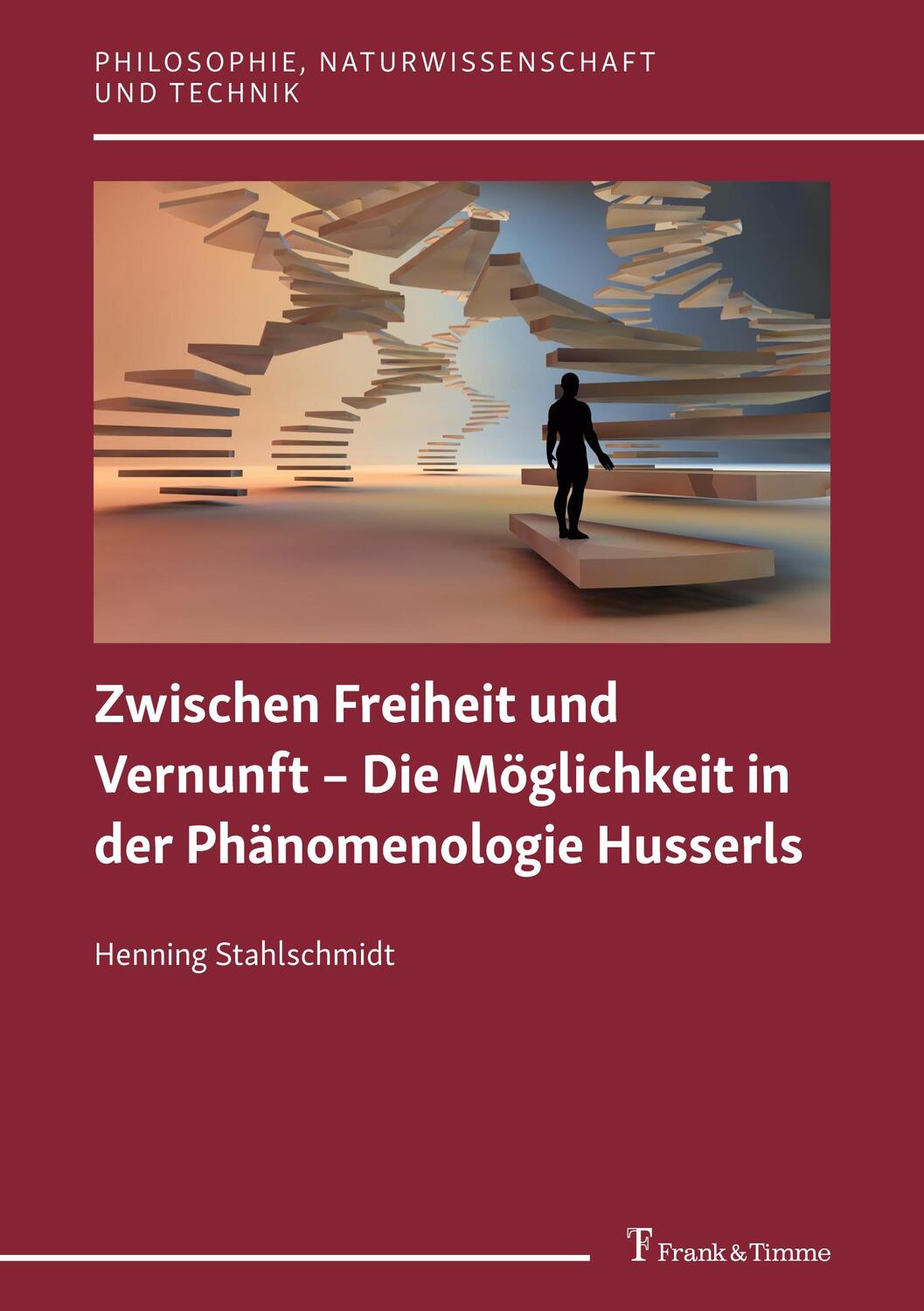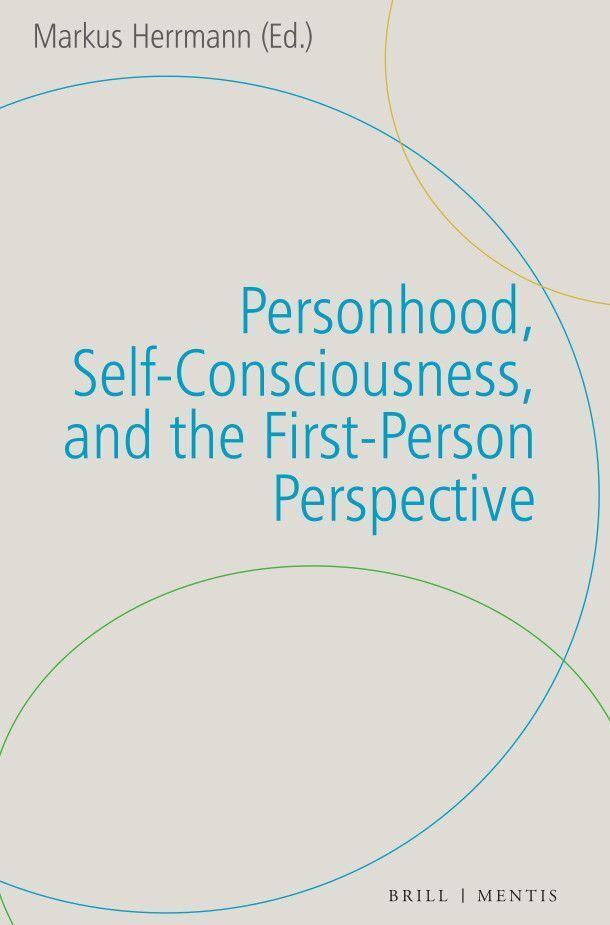105,50 €*
Versandkostenfrei per Post / DHL
Aktuell nicht verfügbar
Richard Campbell AM is Emeritus Professor of Philosophy at The Australian National University. He has served as Dean of Arts and Pro-Vice-Chancellor at the ANU, and was for 15 years also involved in restructuring the system of school education in the Australian Capital Territory. In 1986 he was installed by Queen Elizabeth II as a Member of the Order of Australia. He is author of Secondary Education for Canberra (1973), From Belief to Understanding (1976), Truth and Historicity (1992), The Concept of Truth (2011), and numerous articles.
| Erscheinungsjahr: | 2015 |
|---|---|
| Fachbereich: | Allgemeines |
| Genre: | Philosophie |
| Jahrhundert: | Antike |
| Rubrik: | Geisteswissenschaften |
| Thema: | Lexika |
| Medium: | Buch |
| Seiten: | 333 |
| Inhalt: |
x
333 S. |
| ISBN-13: | 9781137502377 |
| ISBN-10: | 1137502371 |
| Sprache: | Englisch |
| Einband: | Gebunden |
| Autor: | Campbell, R. |
| Auflage: | 2015 edition |
| Hersteller: |
Springer Us
Palgrave Macmillan |
| Maße: | 223 x 141 x 25 mm |
| Von/Mit: | R. Campbell |
| Erscheinungsdatum: | 24.04.2015 |
| Gewicht: | 0,537 kg |
Richard Campbell AM is Emeritus Professor of Philosophy at The Australian National University. He has served as Dean of Arts and Pro-Vice-Chancellor at the ANU, and was for 15 years also involved in restructuring the system of school education in the Australian Capital Territory. In 1986 he was installed by Queen Elizabeth II as a Member of the Order of Australia. He is author of Secondary Education for Canberra (1973), From Belief to Understanding (1976), Truth and Historicity (1992), The Concept of Truth (2011), and numerous articles.
| Erscheinungsjahr: | 2015 |
|---|---|
| Fachbereich: | Allgemeines |
| Genre: | Philosophie |
| Jahrhundert: | Antike |
| Rubrik: | Geisteswissenschaften |
| Thema: | Lexika |
| Medium: | Buch |
| Seiten: | 333 |
| Inhalt: |
x
333 S. |
| ISBN-13: | 9781137502377 |
| ISBN-10: | 1137502371 |
| Sprache: | Englisch |
| Einband: | Gebunden |
| Autor: | Campbell, R. |
| Auflage: | 2015 edition |
| Hersteller: |
Springer Us
Palgrave Macmillan |
| Maße: | 223 x 141 x 25 mm |
| Von/Mit: | R. Campbell |
| Erscheinungsdatum: | 24.04.2015 |
| Gewicht: | 0,537 kg |

